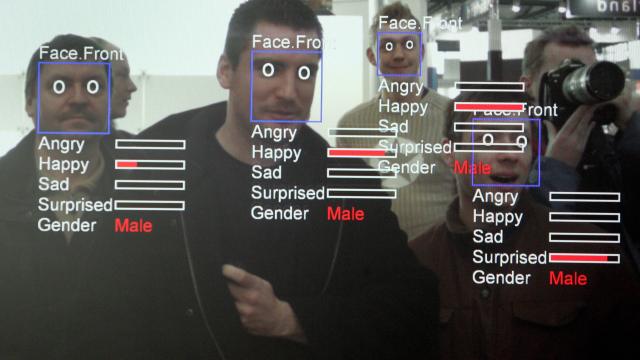Scientists: Do this exercise twice a week for a better brain

Engaging in regular weightlifting could actually make your brain work better and prevent dementia, concludes new research by Australian scientists. As about 135 million people are estimated to develop dementia by 2050, the study’s findings are key in ensuring healthier brain function in the population.
The researchers focused on 100 people aged 55 to 86 with “mild cognitive impairment” (MCI) who were asked to do weight lifting and brain training. MCI is considered a precursor to developing Alzheimer’s disease and other forms of dementia.
In 2014, the same team published a paper outlining how cognition skills improve as a result of weight training. The benefits lasted even 12 months after that study concluded.
“What we found in this follow-up study is that the improvement in cognition function was related to their muscle strength gains. The stronger people became, the greater the benefit for their brain,” said the study’s lead author,Dr. Yorgi Mavros, of Sydney University.
Twice a week, over a six month period, the study’s participants worked with weights that were 80% as heavy as the max they could lift. The stronger they got, the more weight they lifted, sticking to the 80% rule.
Subsequent MRI scans of the study’s subjects showed an increase in certain areas of their brains.
While future studies will determine whether this holds true for people of any age group, the positive results encouraged Dr. Mavros to state a general recommendation for all.
“The more we can get people doing resistance training like weight lifting, the more likely we are to have a healthier ageing population,” said Dr. Mavros. “The key however is to make sure you are doing it frequently, at least twice a week, and at a high intensity so that you are maximising your strength gains. This will give you the maximum benefit for your brain.”
To build on their findings, the researchers are planning further studies.
“The next step now is to determine if the increases in muscle strength are also related to increases in brain size that we saw,” said the study’s senior authorProfessor Maria Fiatarone Singh, geriatrician at University of Sydney. “In addition, we want to find the underlying messenger that links muscle strength, brain growth, and cognitive performance, and determine the optimal way to prescribe exercise to maximise these effects.”
The Study of Mental and Resistance Training (SMART) trial was conducted by University of Sydney researchers in collaboration with the Centre for Healthy Brain Ageing (CHeBA)at University of New South Wales and the University of Adelaide.
You can read the study here, in the Journal of American Geriatrics Society.





